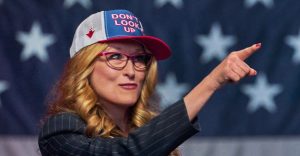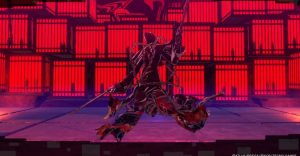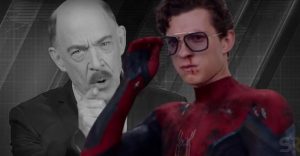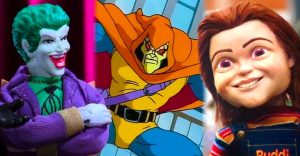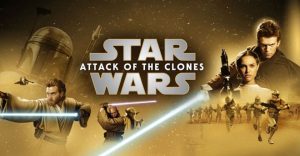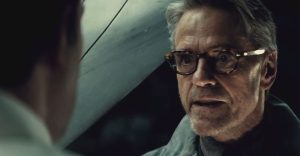10 Classic Police Movies That Could Never Be Made Today
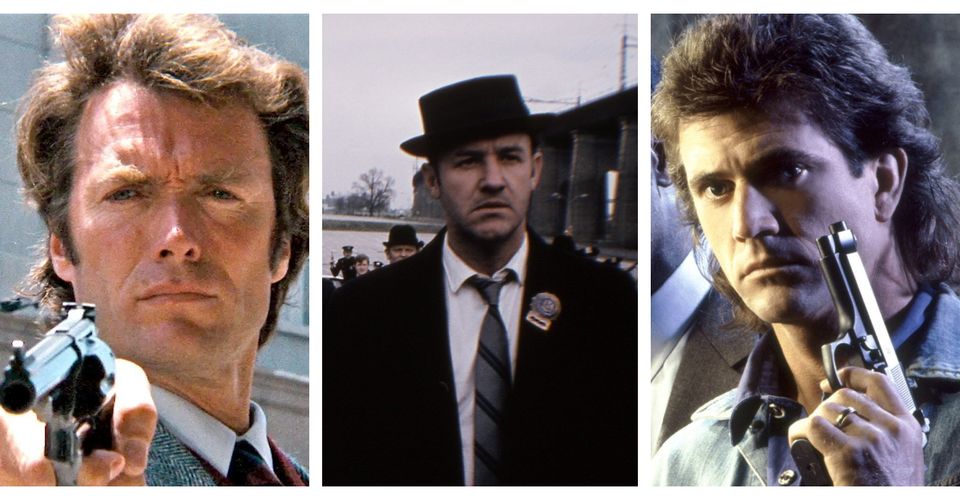
Police are some of the most popular recurring characters in all of Hollywood. They even have multiple film genres dedicated to them, such as the crime procedural and buddy cop movies. But tastes change over time, as do societal attitudes – something being seen in the recent dialogues over police conduct across the United States.
A number of classic cop movies – both comedies and more serious films – are products of their times, and for one reason or another, they have not aged well (or at least, do not fit easily within modern social dynamics). These 10 classic cop movies could never be made today.
10 Dirty Harry (1971)

Dirty Harry is a film glorifying a dirty cop who uses excessive force. He regularly slacks off on the job, except when there is a chance to get violent.
While back at the precinct, one of the other police in Harry’s department lists the many ethnic minorities that Harry hates (hint: all of them). Then there is the film’s most iconic scene, where Harry shoots a group of Black people who are committing a crime, killing them and thus denying them due process, then points a gun at one of them who is injured on the ground, menacing the man with the infamous “do [you] feel lucky” line. The entire film frames him as a hero for his various acts of abuse.
9 The Silence Of The Lambs (1991)

The Silence of the Lambs won the Academy Award for Best Picture and still holds up as one of the most intense horror movies to eschew supernatural elements.
What does not hold up is how many of the issues in the film could be solved with modern technology. A cell phone with a flashlight would literally change the entire ending of the film. Similarly, the gear that the SWAT team uses is laughably outdated equipment that looks pathetic compared to the militarized hardware worn by regular cops now, suggesting Hannibal Lecter would never escape a modern prison.
8 Rush Hour (1998)

The Rush Hour films are iconic buddy cop movies, pairing Jackie Chan’s martial arts stunts with Chris Tucker’s wise-cracking one-liners. They are also very dated. The first film is set just after Hong Kong was returned to China, which happened in 1997.
Beyond centering around a specific event, the racial humor does not age well. Jackie Chan uses the N-word in a room filled with Black people, while both actors play into very dated racial stereotypes.
7 S.W.A.T. (2003)

To call the film S.W.A.T. a classic may be a stretch, though it’s inspired by a classic 70s TV show of the same name. Unfortunately, this film failed to properly keep up with the times.
In the 70s, S.W.A.T. teams were used in extreme circumstances to take down dangerous criminals. By the 2000s, they were being deployed on civilians, using excessive force to terrorize Black and LatinX communities as part of the War on Drugs. The plot of the film centers around taking down a drug kingpin, which seems particularly tone-deaf considering the behavior of their real-world counterparts.
6 Lethal Weapon (1987)

Lethal Weapon is a surprisingly brilliant movie. It manages to make audiences care about its characters, officers Martin Riggs (Mel Gibson) and Roger Murtaugh (Danny Glover), and gives the characters an emotional investment in their case.
While there is a lot done right in this movie, the depictions of PTSD, mental health issues in general, and torture, all come off as insensitive and out of touch, notably in scenes depicting Gibson’s character.
5 Undercover Brother (2002)

Undercover Brother is notoriously bad, although some feel that it’s so bad it’s actually good. The film definitely exacerbates toxic tropes. For example, it condemns interracial relationships as somehow undermining Black masculinity. Dave Chapelle also plays a caricature who attacks the titular Undercover Brother for using the word “good” – due to the word’s Anglo-Saxon linguistic roots.
The whole plot involves going undercover to expose the identity of “the Man,” a white man conspiring to undermine Black Americans. As modern publications expose just how systemic racism has functioned in the United States, there is a prescient brilliance to Undercover Brother‘s ability to address facets of this, even as its jokes are incredibly regressive.
4 The French Connection (1971)

The French Connection is one of the few serious action thrillers from the 70s which is still enjoyable for modern audiences, its story focusing on officers uncovering how drugs were being smuggled into New York.
The two main “heroes” are NYPD officers, “Cloudy” and “Popeye,” two bruisers who regularly shake down criminals with excessive force, beating their suspects and threatening them with torture. The officers single out Black men for abuse and use offensive epithets for various minorities throughout the film. While these specific actions are never depicted as heroic, both characters are nonetheless framed as heroes and their actions are treated as mere character flaws.
3 High And Low (1963)

The film High and Low (whose Japanese name, Tengoku to Jigoku could better be translated as “Heaven and Hell) is a captivating and nuanced crime drama by director Akira Kurosawa that illuminates class differences in 60s Japan. The film opens with Toshiro Mifune playing a business magnate about to seize control of his company in an aggressive buyout when he learns his son has been kidnapped. After the kidnapping, the focus shifts to the police investigating the case.
A key scene that makes the film feel dated is when representatives from every newspaper are gathered together to leak a false story in the hopes of helping the police fool the kidnapper. In reality, the press would never do this. Also, the notion of dedicated police doggedly sticking to a case is pure fiction. Japanese police are said to maintain a 99 percent conviction rate, often as a result of forced confessions.
2 Touch Of Evil (1958)

More than half a century after its release, the opening scene in Touch of Evil remains one of the greatest tracking shots in all of cinematic history. The film has also had multiple cuts released over the years, with the most recent version coming out in 1998.
Many aspects of this film were ahead of their time, but that should not be too much of a surprise, given that Orson Welles wrote, directed, and co-starred in it. Unfortunately, other aspects are quite dated. The other star, Charlton Heston, wore brownface. Furthermore, most Mexican characters are portrayed as criminals in one way or another throughout the film.
1 Die Hard With A Vengeance (1995)

The original Die Hard is also not without its flaws, but it is a widely celebrated action classic for good reason. Meanwhile, the third installment in the series is just downright problematic.
At the beginning of the film, Bruce Willis’s character, John McClane, stands in the middle of the Harlem wearing a sign that reads “I HATE N******”. Most of the Black men in the film are portrayed as either criminals, dumb/uneducated, or stereotypes of Black radicals – with Samuel L. Jackson’s character, “Zeus,” falling into this final category. While the police in this film are far less racist than the cops in the other entries on this list, Hollywood’s racial insensitivity takes a starring role in this cinematic boondoggle.
About The Author










